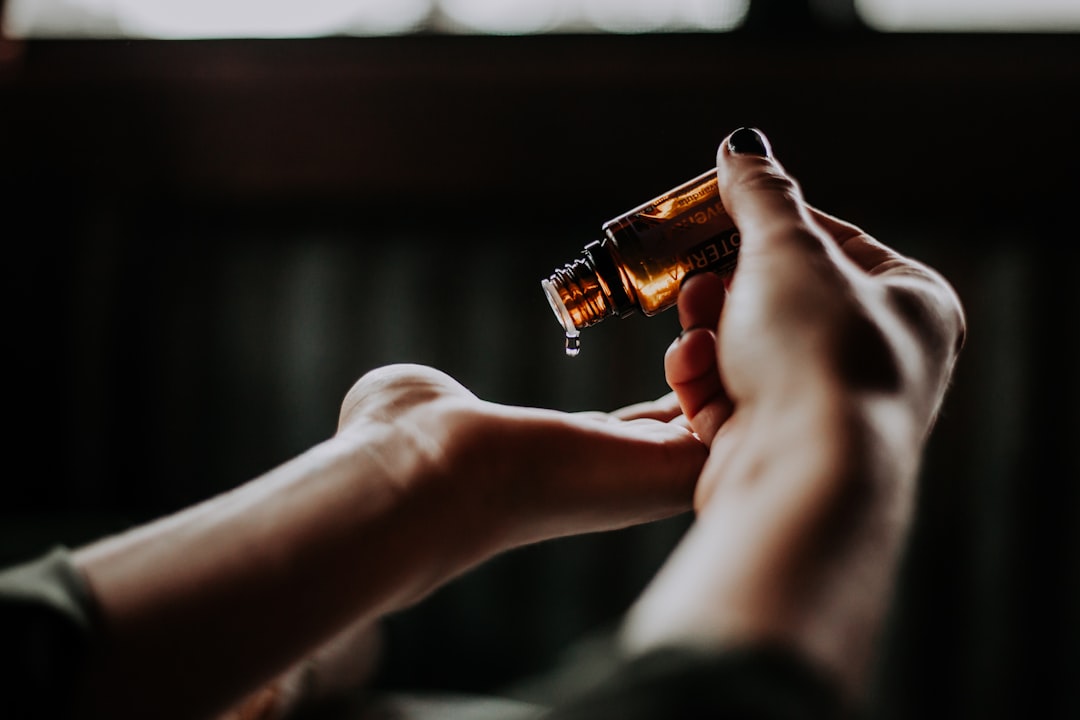Stringent ethical standards protect Maryland massage therapy clients and maintain profession integrity, including informed consent, confidentiality, risk minimization, and disclosure of financial conflicts. Researchers must be transparent about study goals and outcomes. Vulnerable populations require heightened protection. Massage abuse attorneys contribute to policy development, provide legal insights, and promote accountability, preventing and addressing abuse to uphold ethical standards. They play a pivotal role in developing ethical guidelines for massage therapy research in Maryland by highlighting potential abuses and unethical practices.
In the realm of wellness, Maryland’s massage therapy industry thrives, yet navigating research ethics is a delicate balance. This article explores the critical development of ethical guidelines for massage therapy research, focusing on preventing and addressing potential massage abuse. We delve into the role of Maryland massage abuse attorneys in shaping these guidelines, ensuring practices are governed by robust ethics. By understanding the nuances of massage therapy research ethics, we can foster a safe and reputable environment for both practitioners and clients.
Understanding Massage Therapy Research Ethics

Massage therapy research, like any medical field, must adhere to strict ethical guidelines to protect clients and ensure the integrity of the profession. In Maryland, where massage abuse attorneys are often sought for justice in cases of misconduct, understanding and implementing robust research ethics is paramount. This involves obtaining informed consent from participants, ensuring confidentiality, minimizing risks, and providing clear explanations of procedures.
Researchers must be transparent about study purposes, potential benefits and harms, and any financial conflicts of interest. In the event of unexpected outcomes or adverse effects, participants should be promptly notified and provided with appropriate resources. Additionally, research involving vulnerable populations requires heightened vigilance to prevent exploitation and ensure their well-being, underscoring the need for comprehensive ethical guidelines in Maryland massage therapy research.
Preventing and Addressing Massage Abuse

Preventing and addressing massage abuse is a critical aspect of ensuring ethical practices within Maryland’s massage therapy industry. Massage therapy, while beneficial for relaxation and healing, carries a risk of misuse or abuse, particularly considering the intimate nature of the service. Establishing clear guidelines and protocols is essential to protect clients from any form of exploitation or harm.
Attorneys specializing in massage abuse cases in Maryland play a vital role in this regard. They can contribute to the development of robust policies that discourage inappropriate behavior. These attorneys can also provide insights into legal frameworks, helping to identify loopholes and ensuring that regulations are stringent enough to deter potential abusers. By collaborating with industry experts and stakeholders, they can foster a culture of accountability, where therapists understand the ethical implications of their actions and are held responsible for maintaining professional boundaries.
Role of Maryland Massage Abuse Attorneys in Guidelines

In the realm of developing ethical guidelines for Maryland massage therapy research, the role of Massachusetts massage abuse attorneys is pivotal. These legal experts bring a crucial perspective by highlighting potential abuses and unethical practices within the therapeutic setting. Their insights are invaluable in crafting robust guidelines that protect clients and ensure the profession maintains high standards.
Maryland massage abuse attorneys play a vigilant role, navigating complex legal landscapes to safeguard clients’ rights. By understanding the nuances of massage therapy practice, they can identify and address issues such as consent, privacy, and professional boundaries. Their expertise contributes to a comprehensive ethical framework, fostering trust and ensuring client safety in Maryland’s massage therapy industry.






